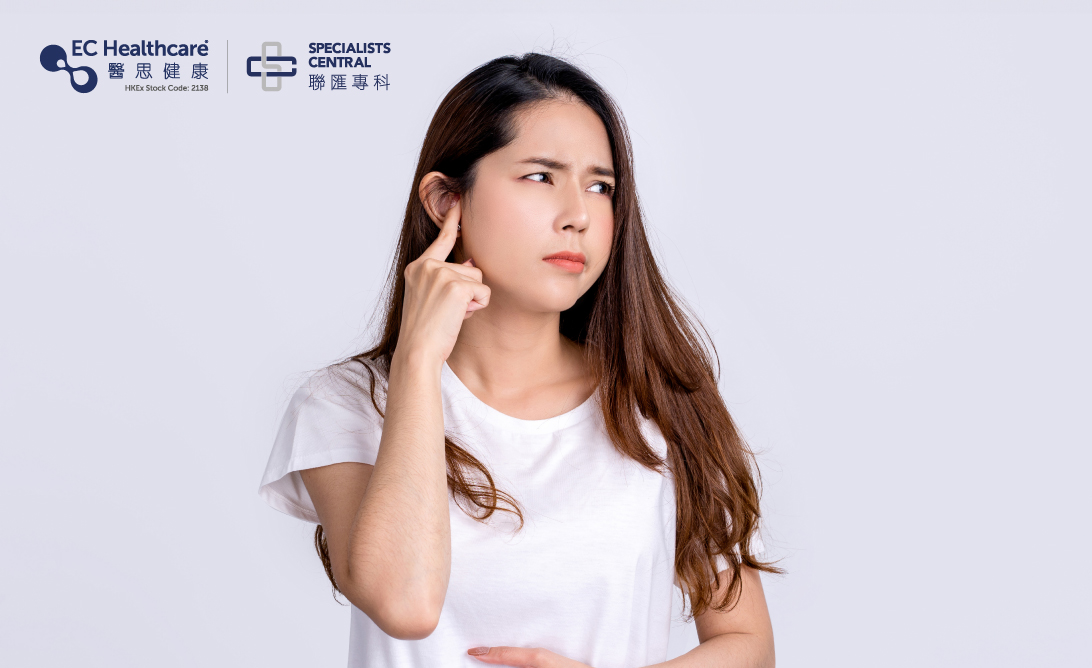Can Prolonged Headphone Use Lead to Hearing Loss?


Bluetooth headphones have revolutionized the way we listen to music, binge-watch episodes, watch movies, make phone calls, and more. With their wireless design, they offer a clean, tangle-free listening experience whether you're walking down the street, working out, or simply seeking some uninterrupted personal time. The popularity of electronic devices, such as headphones, knows no age limits. However, there are individuals who wear headphones for extended periods, even when not actively using them. Research suggests that prolonged headphone use can hinder the natural self-cleaning mechanism of the ears, increasing the risk of hearing decline and potentially leading to hearing loss. It's important to be aware of these risks and take measures to protect our precious sense of hearing.

Earwax is a natural part of the ear's self-cleaning mechanism. The outer ear canal contains small sweat glands that secrete a substance called cerumen. When cerumen is produced in the outer ear canal, combined with the shedding of the ear canal's skin, it forms earwax. This earwax helps to push itself outwards, lubricating the ear and trapping dust and other contaminants from the external environment, preventing them from entering the ear canal.
The prolonged use of in-ear headphones can lead to the blockage of the ear canal and potential damage to the inner ear nerves (hair cells), preventing the proper clearance of earwax. When earwax accumulates to a certain extent, it can cause a decrease in hearing sensitivity by 10 to 20 decibels, resulting in hearing loss. This buildup may also cause itchiness, stuffiness, and in some cases, even pain.
The use of headphones presents another concern related to the volume level, duration, and frequency of use. Generally, a volume exceeding 85 decibels is considered noise and can lead to hearing damage. In noisy environments, in order to hear the content from the headphones clearly, the volume often needs to be increased by 30 decibels or more compared to the ambient sound. This can cause irreversible damage to the delicate hair cells in the inner ear.
As the duration of exposure to noise increases, the severity of hearing damage also escalates. A report by the World Health Organization (WHO) highlighted that in middle- to high-income countries, one out of every two young individuals aged 12 to 35 listens to music at unsafe volume levels (excessively loud). Furthermore, according to the standards set by the United States, for every 3 decibels increase in volume, the listening time should be halved to reduce the risk of hearing impairment.
Protect Your Hearing and Ears! Follow the 5 Golden Rules When Using Headphones
.Keep the volume level below 60% of the maximum volume when wearing headphones.
.In-ear headphones pose a greater risk to the internal structures of the ears compared to over-ear headphones. Adjust the volume lower when using in-ear headphones.
.Ensure that the ambient noise level does not exceed 60 decibels.
.Limit continuous headphone use and listening time to no more than 60 minutes.
.Avoid wearing headphones while sleeping.
.Do not use headphones if you have middle ear infections, wounds, or inflammation in the ear canal.
.Regularly clean your headphones to prevent fungal infections that can lead to tinnitus and eardrum perforation.
Disclaimer: This article is prepared by an independent third party and is not sponsored. The content provided is solely for informational purposes and should not be considered a substitute for professional medical advice, diagnosis, or treatment. It does not represent any specific viewpoint. In the event of any discomfort or health issues, it is advised to seek medical attention promptly.
Related Brands
